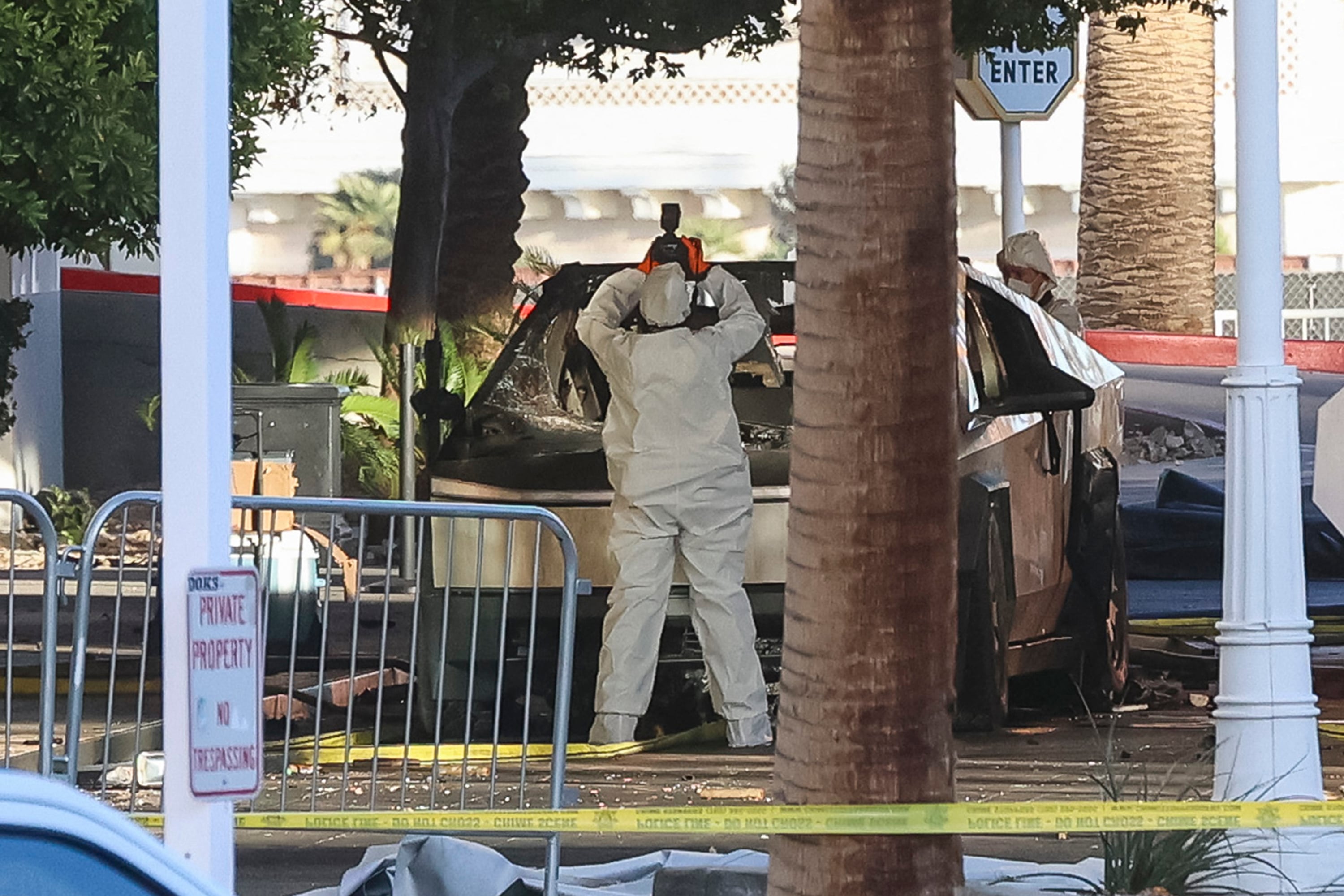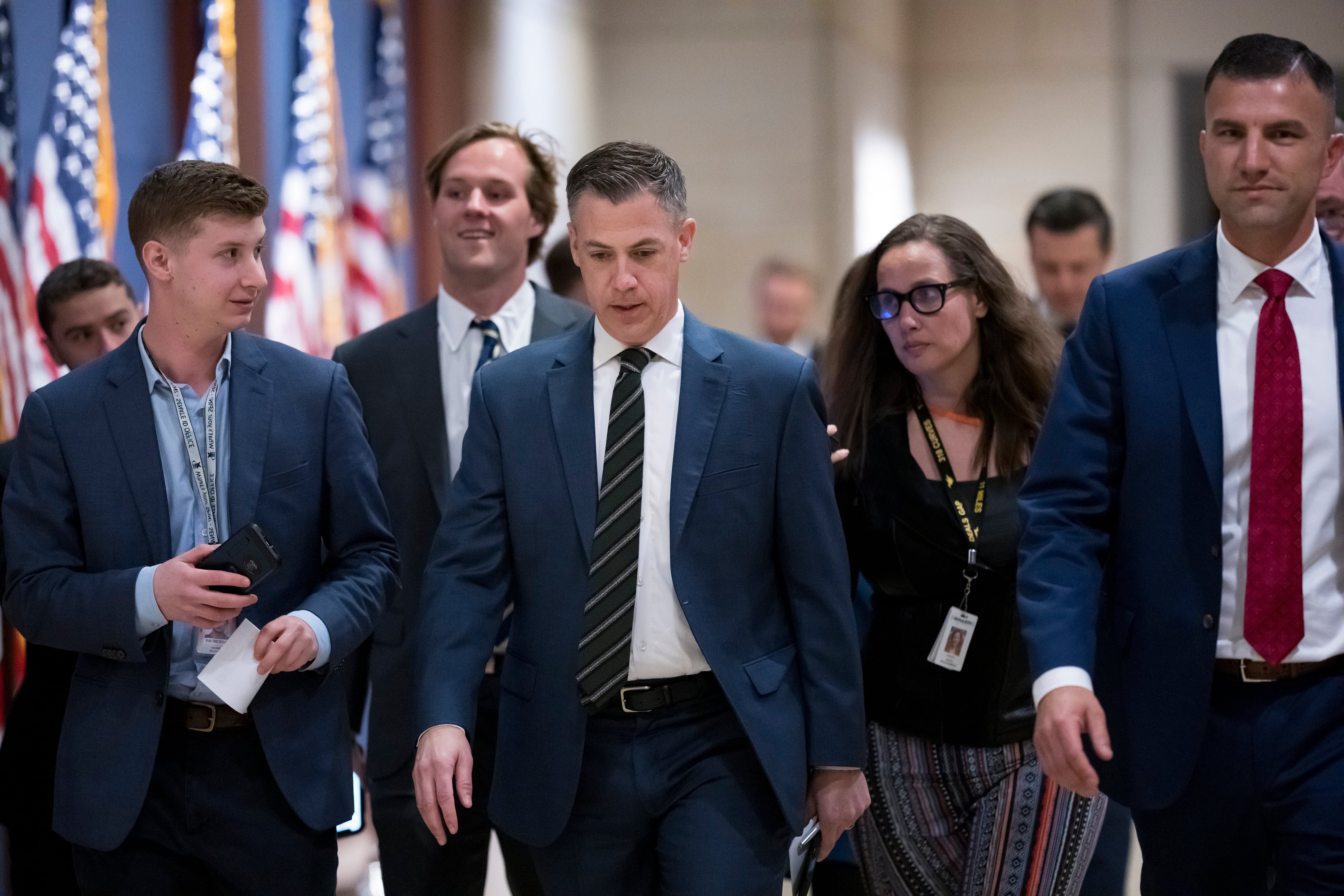A Veterans Affairs Department program that distributes narcotics overdose kits to family or friends of patients who take opiate pain medications has saved 41 lives, a VA official said Thursday.
VA's Overdose Education and Naloxone Distribution program, or OEND, provides emergency kits containing the antidote naloxone to veterans who take high doses of opiates or use multiple medications to manage pain.
Since its introduction in May, more than 2,400 kits have been prescribed, said Dr, Carolyn Clancy, VA's interim under secretary for health.
When injected or administered by nasal spray, naloxone can reverse the respiratory depression that often causes death during an overdose.
Clancy said that while the most effective way to prevent prescription drug abuse or overdose is to avoid prescribing addictive medications like fentanyl, hydrocodone or oxycodone, VA programs such as OEND and monitoring programs are working to reduce the number of prescriptions and accidental deaths.
"Chronic pain management is challenging for veterans and clinicians. ... Opioids are an effective treatment but their use requires constant vigilance to minimize risk and adverse effects," Clancy said.
VA officials were called before the Senate Veterans' Affairs Committee on Thursday to discuss pain medicine management at VA following a report earlier this year by the Center for Investigative Reporting that found a 14-fold increase in the number of oxycodone pills prescribed at the Tomah VA Medical Center in Wisconsin, from 50,000 in 2004 to 712,000 in 2012.
Veterans at the hospital told a reporter that distribution was so rampant, they nicknamed the place "Candy Land." Last August, a 35-year-old Marine Corps veteran died of an overdose while in the inpatient psychiatric ward.
Clancy said the VA plans to mandate a program at all its medical centers to educate physicians on the department's own narcotics prescription guidelines and principles.
She said the "academic detailing" effort, introduced in three areas in 2013 and adopted by about a third of VA's health regions, shows promise for reducing pain medication prescriptions and ensuring that patients are appropriately tested and tracked.
According to Clancy, another program, the VA Opioid Safety Initiative, also initiated in 2013, is responsible for a decline in opiate prescriptions. Since 2012, the number of patients receiving opioids has declined by 13 percent and those using opioids and benzodiazepines together — a cocktail that can have fatal consequences if taken incorrectly — dropped by 24 percent.
A 2012 VA report found that from 2004 to 2012, prescriptions for opioids at VA increased by nearly 77 percent. In 2012, about a third of all veterans in VA care were taking opioids for pain management.
The overuse of opiates for pain management and consequential abuse of these highly addictive medications is not only a VA problem. Dr. Thomas Frieden, director of the Centers for Disease Control and Prevention last year called it a "national epidemic."
Clancy said pain management for injured veterans is particularly challenging because many of these patients have complex medical cases and suffer from chronic pain.
"We don't have an answer to chronic pain that fits everyone," Clancy said.
Multiple reports by the VA Inspector General in the past five years have found that in cases where patients died from medication overdoses or whistleblowers alerted the IG of poor prescribing practices, many of those affected have not received recommended drug tests to monitor their use of narcotics.
Also, according to the reports, doctors often prescribe medications to patients they have not seen, in violation of VA policy.
Clancy said the education and OSI initiatives should improve prescribing practices.
Sen Richard Blumenthal, D-Conn., said he is "angered and disgusted" that the committee held a hearing last session on the same topic but little appears to have been done to address overprescribing.
"I want this hearing to be different, to produce action," Blumenthal said. "This epidemic has been with us for years and years and that's one reason for my anger and astonishment that the VA system isn't better than it is."
Patricia Kime is a senior writer covering military and veterans health care, medicine and personnel issues.










